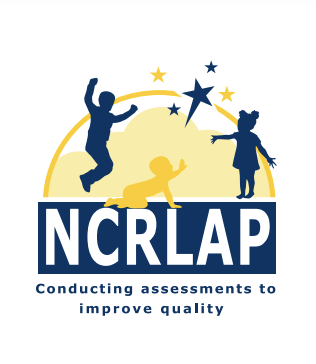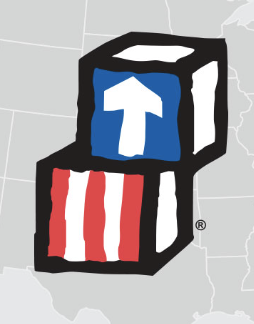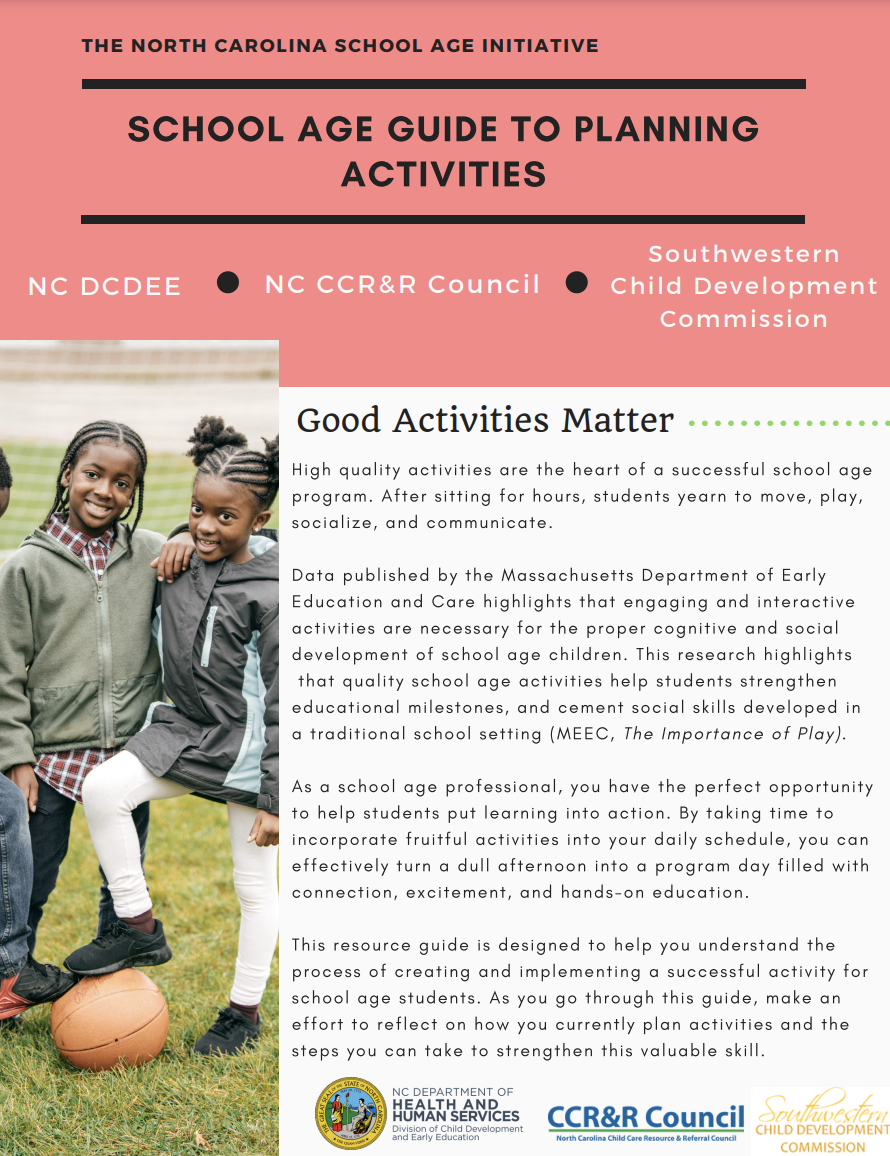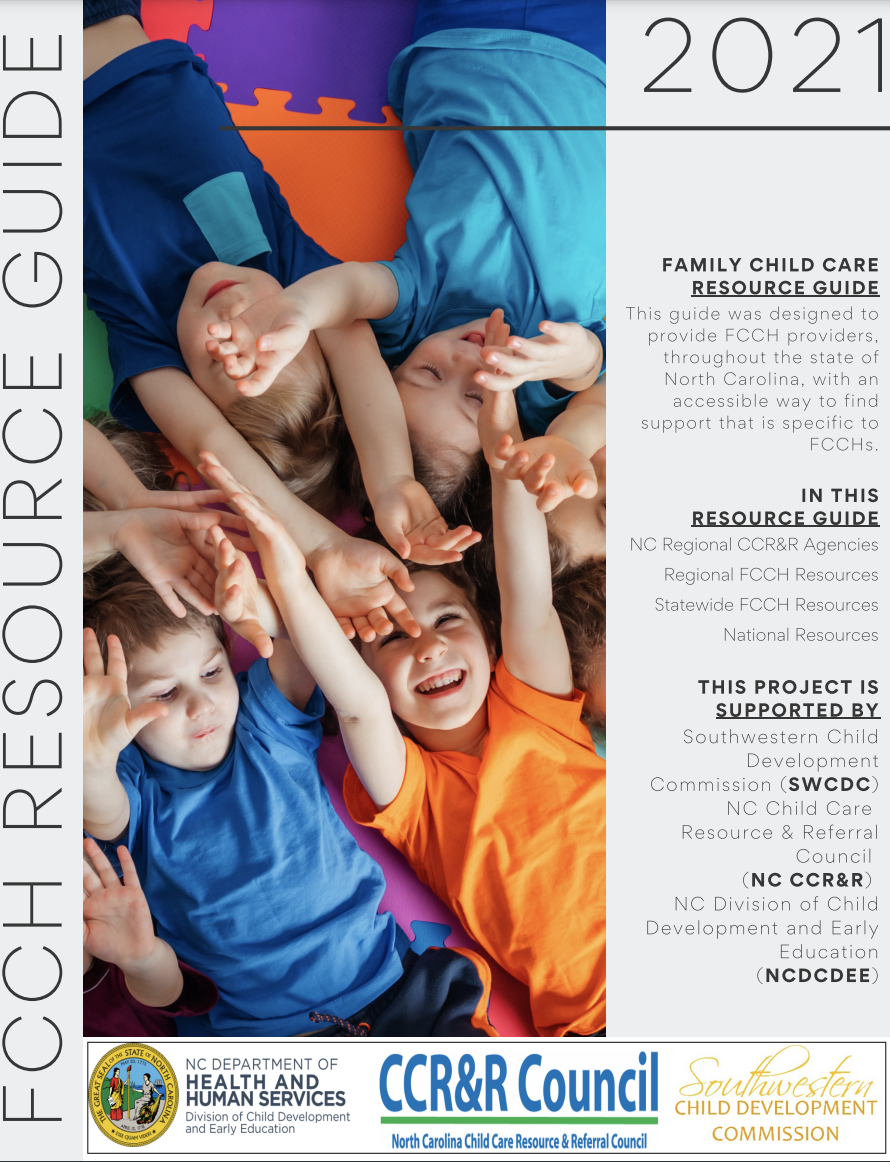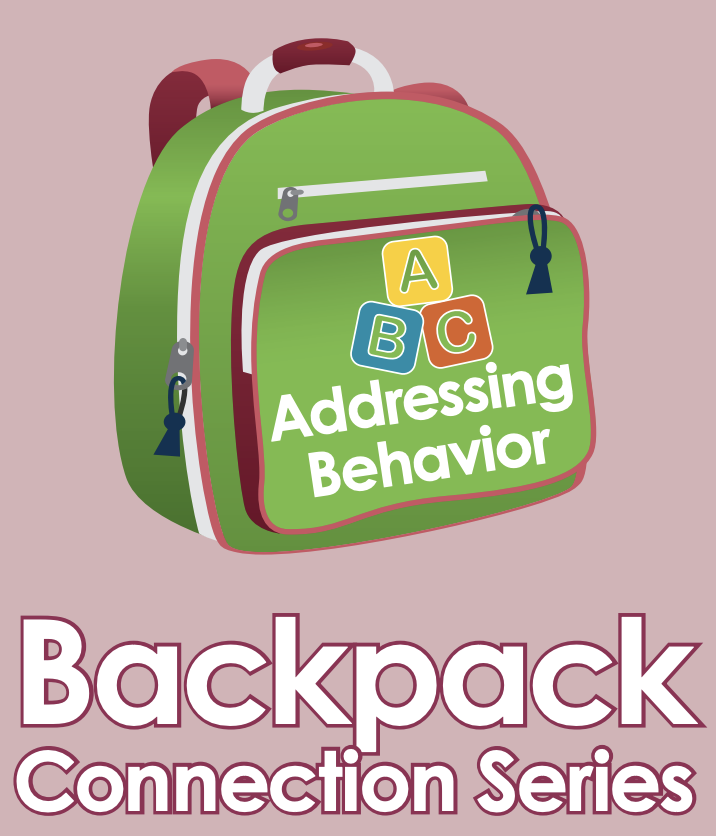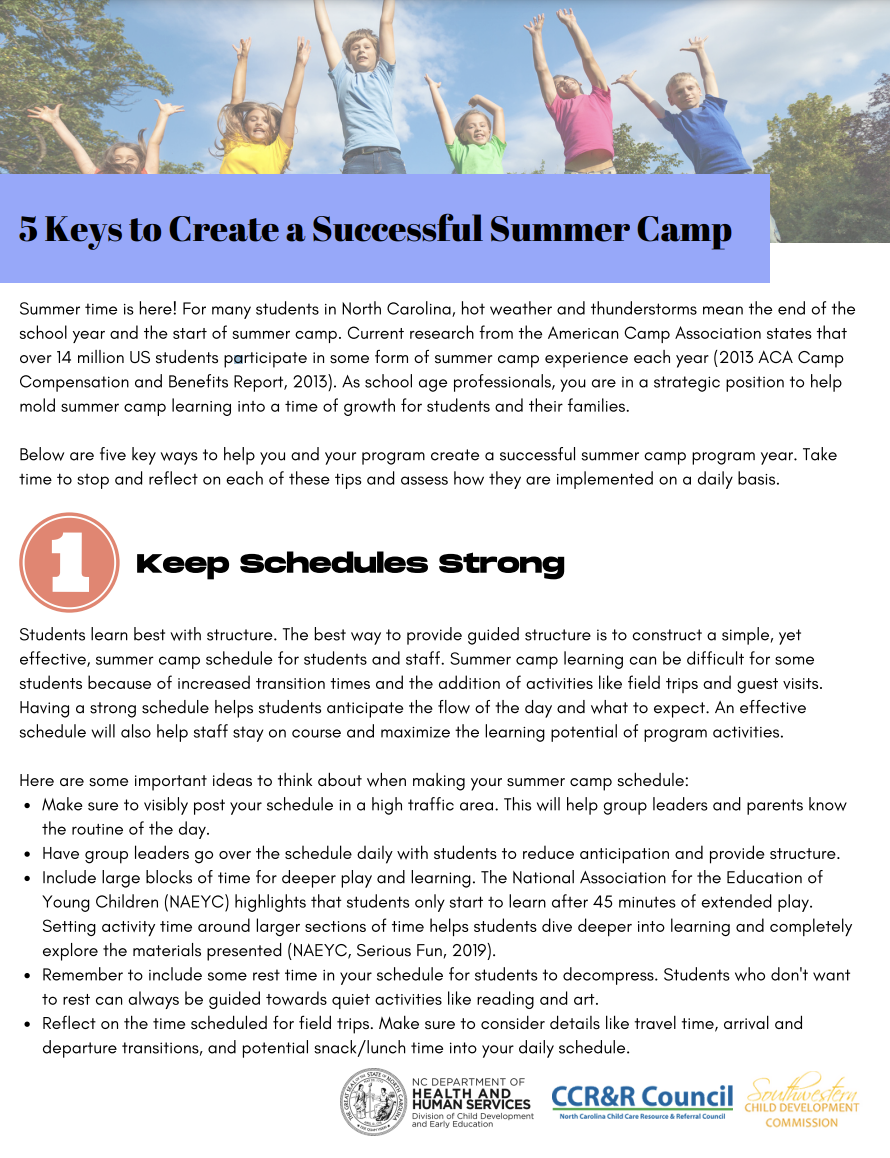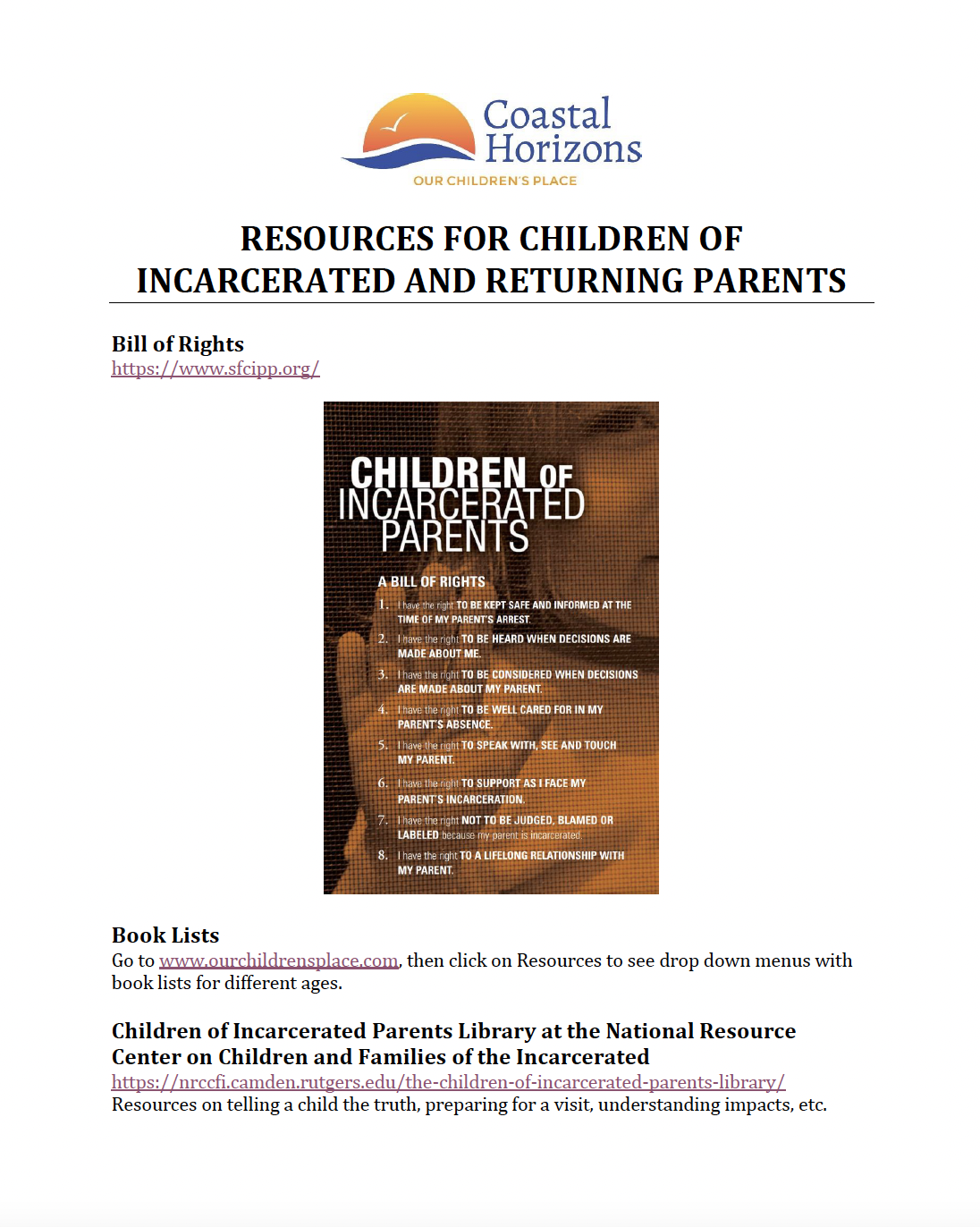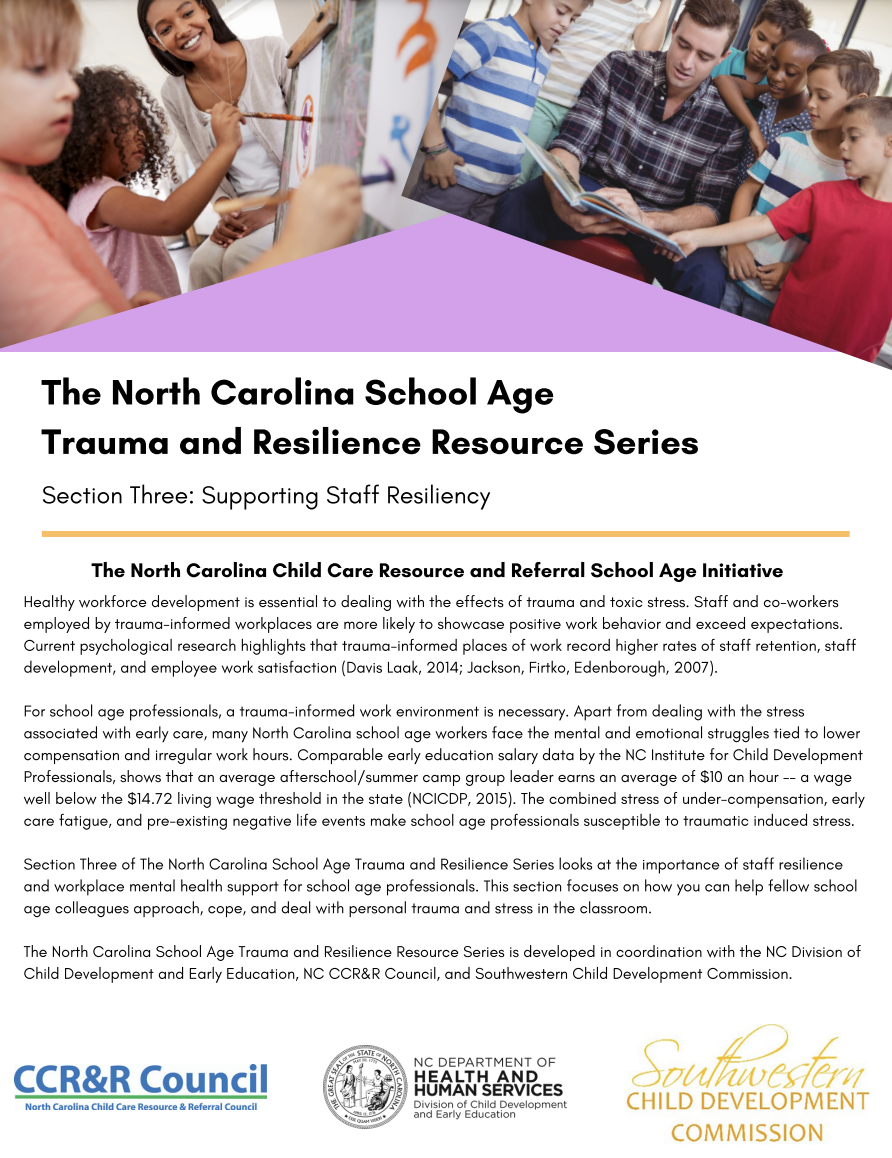Read the latest news and learn more about the assessment process, watch videos and download resources for the Temporary Assessment Process and the ECERS-R, ITERS-R, SACERS-U, or FCCERS-R assessments.
Resource Type: Guidance
Supporting Children and Families Experiencing Homelessness – Early Childhood Knowledge and Learning Center
Enhance your knowledge around family homelessness and the McKinney-Vento Homelessness Assistance Act’s definition of “homeless” as it refers to children and youth. Review other relevant federal regulations for Head Start, Early Head Start, and Child Care and Development Fund (CCDF)-subsidized programs. This interactive learning series is intended for professionals in Head Start, Early Head Start, and child… Continue reading Supporting Children and Families Experiencing Homelessness – Early Childhood Knowledge and Learning Center
Updated COVID-19 Guidance for Child Care, Businesses, and Individuals
Find the latest COVID-19 guidelines from the NC DHHS, adopted from the CDC, on quarantine and isolation for the general population.
Nutrition Services Information from the NC DHSS
Find a range of nutrition information from the NC Department of Health and Human Services – Nutrition Services Branch, including recalls, the WIC Program, information on breastfeeding, and the Child and Adult Care Food Program (CACFP). The NC DHHS Nutrition Services Branch promotes sound nutrition habits among infants, children and women in their child-bearing years.… Continue reading Nutrition Services Information from the NC DHSS
North Carolina School Age Guide to Planning Activities
High quality activities are the heart of a successful school age program. After sitting for hours, students yearn to move, play, socialize, and communicate. This resource guide is designed to help you understand the process of creating and implementing a successful activity for school age students. As you go through this guide, make an effort… Continue reading North Carolina School Age Guide to Planning Activities
Family Child Care Home Resource Guide 2021
This guide was designed to provide FCCH providers throughout the state of North Carolina with an accessible way to find support specific to FCCHs. In this resource guide you’ll find: NC Regional CCR&R Agencies Regional FCCH Resources Statewide FCCH Resources National Resources
Backpack Connection Series Resources – National Center for Pyramid Model Innovations
The Backpack Connection Series was created by TACSEI to provide a way for teachers and parents/caregivers to work together to help young children develop social emotional skills and reduce challenging behavior. Each Backpack Connection handout provides information that helps parents stay informed about what their child is learning at school and specific ideas on how… Continue reading Backpack Connection Series Resources – National Center for Pyramid Model Innovations
Five Ways To Create A Successful Summer Camp
For many students in North Carolina, hot weather and thunderstorms mean the end of the school year and the start of summer camp. Current research from the American Camp Association states that over 14 million US students participate in some form of summer camp experience each year (2013 ACA Camp Compensation and Benefits Report, 2013).… Continue reading Five Ways To Create A Successful Summer Camp
Resources for Children of Incarcerated & Returning Parents
Various resources to help children of incarcerated & returning parents.
NC School Age Trauma Resource Series – Section 3: Supporting Staff Resiliency
Healthy workforce development is essential to dealing with the effects of trauma and toxic stress. Staff and co-workers employed by trauma-informed workplaces are more likely to showcase positive work behavior and exceed expectations. Current psychological research highlights that trauma-informed places of work record higher rates of staff retention, staff development, and employee work satisfaction (Davis… Continue reading NC School Age Trauma Resource Series – Section 3: Supporting Staff Resiliency
